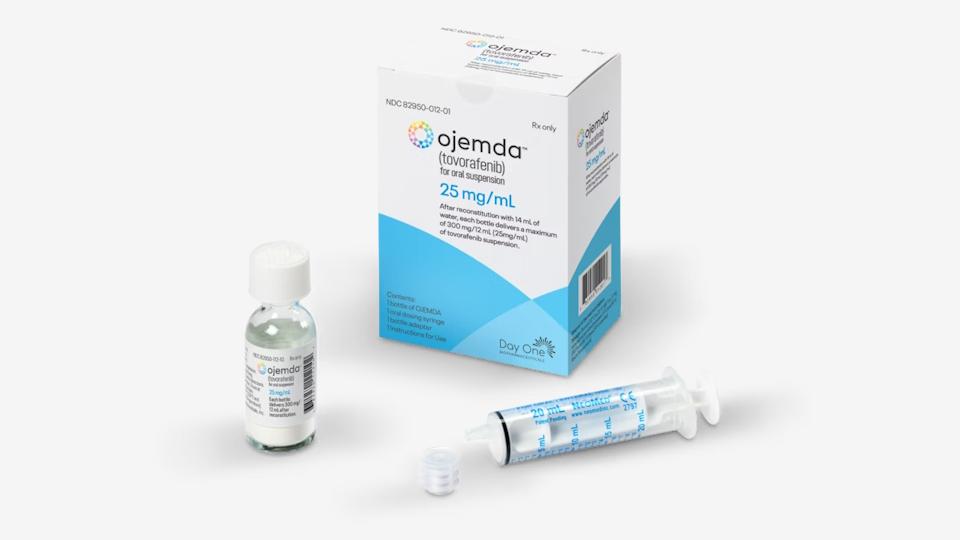Ipsen builds again, licensing Day One glioma drug

Ipsen has signed yet another portfolio-expanding deal – its fifth of the year so far – claiming rights outside the US to a drug for common brain cancer glioma from Day One Biopharmaceuticals.
The French pharma group is paying $111 million upfront for all ex-US rights to Ojemda (tovorafenib), which was approved by the FDA in April as a treatment for patients aged six months of age and older with relapsed or refractory paediatric low-grade glioma (pLGG) with either a BRAF fusion or rearrangement or BRAF V600 mutation based on the results of the FIREFLY-1 study.
Ipsen's deal includes $71 million in cash and another $40 million in equity and comes with almost $350 million at the back end in "launch and sales" milestone payments, as well as royalties on sales.
Pan-RAF kinase inhibitor Ojemda is competing in the US with Novartis' combination regimen of Tafinlar (dabrafenib) and Mekinist (trametinib), which was approved for paediatric patients with BRAF V600-mutated pLGG only last year.
BRAF gene fusions are much more common than BRAF V600 mutations – accounting for more than half of all cases, according to Ipsen – and there are currently no approved targeted treatments for people with pLGG harbouring BRAF fusions outside the US.
Analysts at JPMorgan have previously suggested Ojemda could become a $750 million-a-year product in the US, thanks to its broader label than Tafinlar/Mekinist, a better safety profile, and a reduced dosing frequency.
Ipsen said it will use its "deep heritage and expertise in oncology to accelerate the delivery of this innovation to children around the world," adding that it has two other assets in early development that target the BRAF-MAPK signalling pathway, including IPN01194 that started phase 1 earlier this year.
Ipsen has rights to the drug in pLGG and any other future indications and noted that Ojemda is also being tested in FIREFLY-2 as monotherapy for newly diagnosed children and young adults with RAF-altered low-grade glioma requiring first-line systemic therapy.
"Tovorafenib has the potential to make a significant impact on children living with cancer and is an excellent example of our biomarker-driven strategy as we expand our portfolio," commented the French drugmaker's chief executive, David Loew.
Since the start of the year, Ipsen has bolstered its oncology division with two antibody-drug conjugate (ADC) alliances – with Foreseen Bio and Sutro Biopharma – and an expanded partnership with Marengo Therapeutics focused on T-cell engagers, and also kicked off a $1.8 billion collaboration in rare neurological diseases with Skyhawk Therapeutics.












